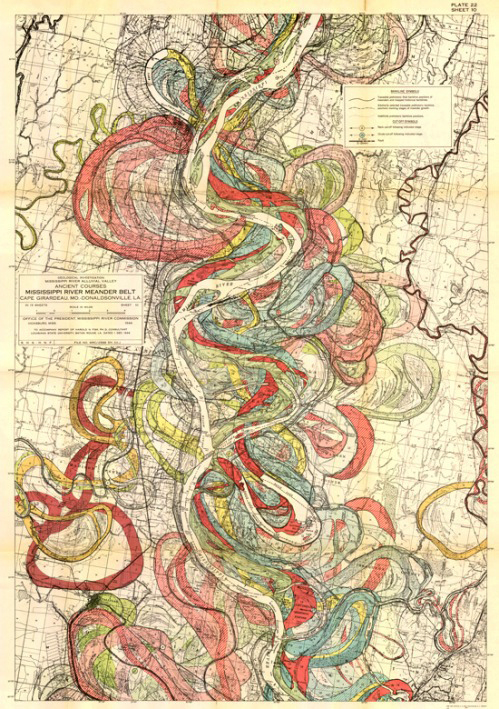Unintended consequences, the collection
[ by Charles Cameron — what you don’t see can blindside you ]
.
Unintended consequences are the clearest indicators we have of just how much more complex the world is than we imagine it to be. They are therefore of great interest.
A short while back, WaPo had a piece that overtly referenced unintended consequences: Unintended consequences: Inside the fallout of America’s crackdown on opioids.
I’m going to take that as the starting point for another of my collections. When I find a clear case of an unintended cnsequence, I’ll add it to this post or in the comments session..
**
One major group of unintended consequences news items clusttered around the revision of redistricting rules in an attempt (at least purportedly) to curb the abuse of partisan power in gerrymandering, an ancient American political tradition practiced by both (all?) partties —
Overby & Cosgrove‘s 1996 Unintended Consequences? Racial Redistricting and the Representation of Minority Interests would appear to be a much quoted starting point, followed by Rose Institute’s 2008 Unintended Consequences of Texas Gerrymandering.
But the general principle is evident: course corrections don’t always set you back on track — or as the Taoist fellow might say, any map you can draw is liable to lead you astray — maps are fallible wrt terrain, wrt reality!
Case in point: The meandering path of the Mississippi, now here, now there — with oxbows!
Travelers, mappers and modelers, beware!
**
Oh, and BTW, I woke from the anaesthetic that accompanied my triple heart bypass to find.. Trump was president. That consequence was unintended by me at least, no matter hwat Mr Putin may have decided.




June 18th, 2018 at 5:38 pm
Strange causality?
.
An earthquake in Mexico, attributed by seismologists to soccer fans leaping up in joy as Mexico scores a game-winning goal against Germany in the World Cup! Earth-shattering? Well, almost. Definitely unintended, in any case.
June 26th, 2018 at 7:00 pm
Putin sees unpredictability kn possible consequences of AI, of which he says “Whoever becomes the leader in this sphere will become the ruler of the world.” — heady stuff indeed:
July 9th, 2018 at 7:26 pm
There’s an unexpected downfall to banning plastic straws.
.
Plastics contribute vastly to the various ocean garbage patches, get stuck in the nostrils of sea turtles (horrible video, glad I watched it all, this is the abbreviated version), are fed by albatrosses to their young, and in general are hazardous and often needless — but for some disabled folk, flexible plastic straws are of passionate importance, allowing them to drink beverages the rest of us take for granted…
.
Unintended consequence # 89,367,426 this year so far..
July 15th, 2018 at 8:37 pm
George Will, Don’t fix baseball, even if it’s broken
Well, the rest is baseball — the rest of Wiill’s article, that is. But that first para may give us pause to ponder..
July 16th, 2018 at 5:45 pm
How about this?
The trade war, according to Jamestown, is a seerious business.. and China wasn’t expecting it.
.
When a golfer fails to sink a putt due to some unseen vagary in the grass en route to the hole..
.
**
.
The Unintended Consequences of Helsinki
In Trump’s zeal to get warmer relations with Russia, the American president has stepped straight into a paradox.
.
Peter Perla, So a Wargamer and a Black Swan Walk into a Bar . . . :